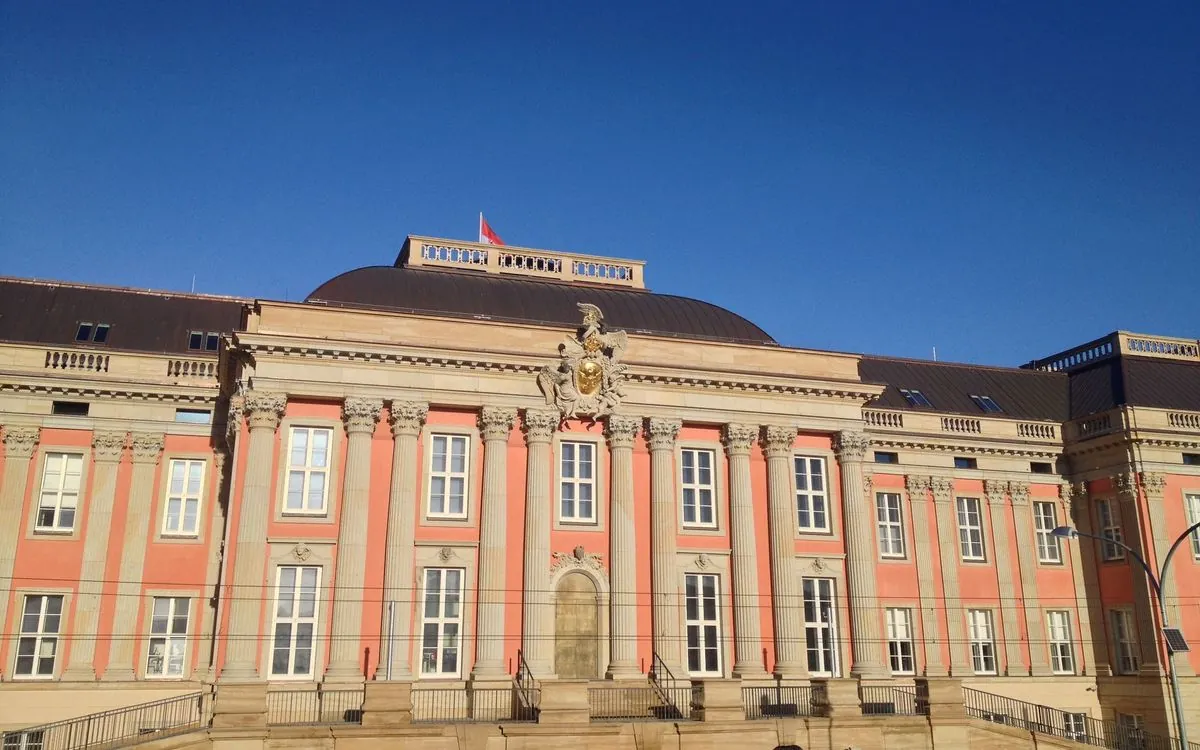The recent Brandenburg state parliament election has highlighted a significant shift in German politics, with anti-establishment parties gaining substantial ground. While the Social Democratic Party (SPD), led by Chancellor Olaf Scholz, secured another term, the real winners were the far-right Alternative für Deutschland (AfD) and the newly formed left-wing Bündnis Sahra Wagenknecht (BSW).
Founded in 2013, the AfD secured nearly 30% of the vote, narrowly trailing the SPD. The BSW, established just nine months ago, impressively garnered 13% support. Both parties share anti-immigration stances, capitalizing on growing concerns about crime and migration in Germany.
This electoral shift reflects broader trends across Germany, as evidenced by similar results in recent Saxony and Thuringia state elections. With the 2025 federal election approaching, current polls suggest the AfD could become the second-largest party nationally, while the BSW may secure 10% of the vote.
The rise of these parties is putting pressure on established political entities to address immigration issues. Germany's historically open migration policy, rooted in its post-Nazi era reconciliation efforts, reached its peak in 2015 when then-Chancellor Angela Merkel welcomed approximately 1.3 million asylum seekers. Since then, the number has grown to about 3 million.
However, recent events have shifted public opinion. Two terror attacks by failed asylum seekers in the past three months have fueled arguments for stricter migration policies. In response, Chancellor Scholz recently introduced controversial border checks, signaling a potential departure from Germany's traditionally liberal approach.
The conservative Christian Democratic Union (CDU), led by Friedrich Merz since 2022, is also adapting its stance. Merz refused to participate in Scholz's migration summit unless blanket rejection of asylum seekers at Germany's borders was considered.
Germany's political landscape is further complicated by its federal system, which grants significant powers to its 16 states. This decentralized structure, established by the 1949 Basic Law, allows for regional variations in policy implementation and voter preferences.
As the largest economy in the European Union, Germany's political shifts have broader implications. The country's asylum law, based on Article 16a of the Basic Law, may face scrutiny as the debate intensifies. Additionally, Germany's participation in the Schengen Agreement, which allows free movement within participating countries, could be reevaluated in light of growing border control demands.
"Our success in Brandenburg reflects the German people's desire for stricter immigration policies and a return to traditional values."
While mainstream parties have pledged not to form coalitions with the AfD due to its extreme policies, the growing support for anti-immigration sentiments is becoming increasingly difficult to ignore. As Germany approaches its 2025 federal election, the political landscape is poised for potential significant changes, with immigration likely to be a central issue shaping the country's future direction.
